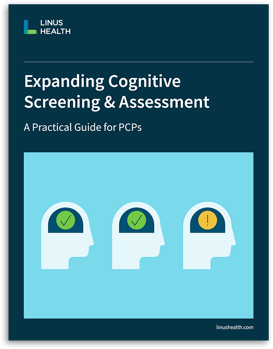History of the Clock Drawing Test and the Linus Health Platform
Building on a strong scientific foundation to deliver the next generation of cognitive assessment technology.
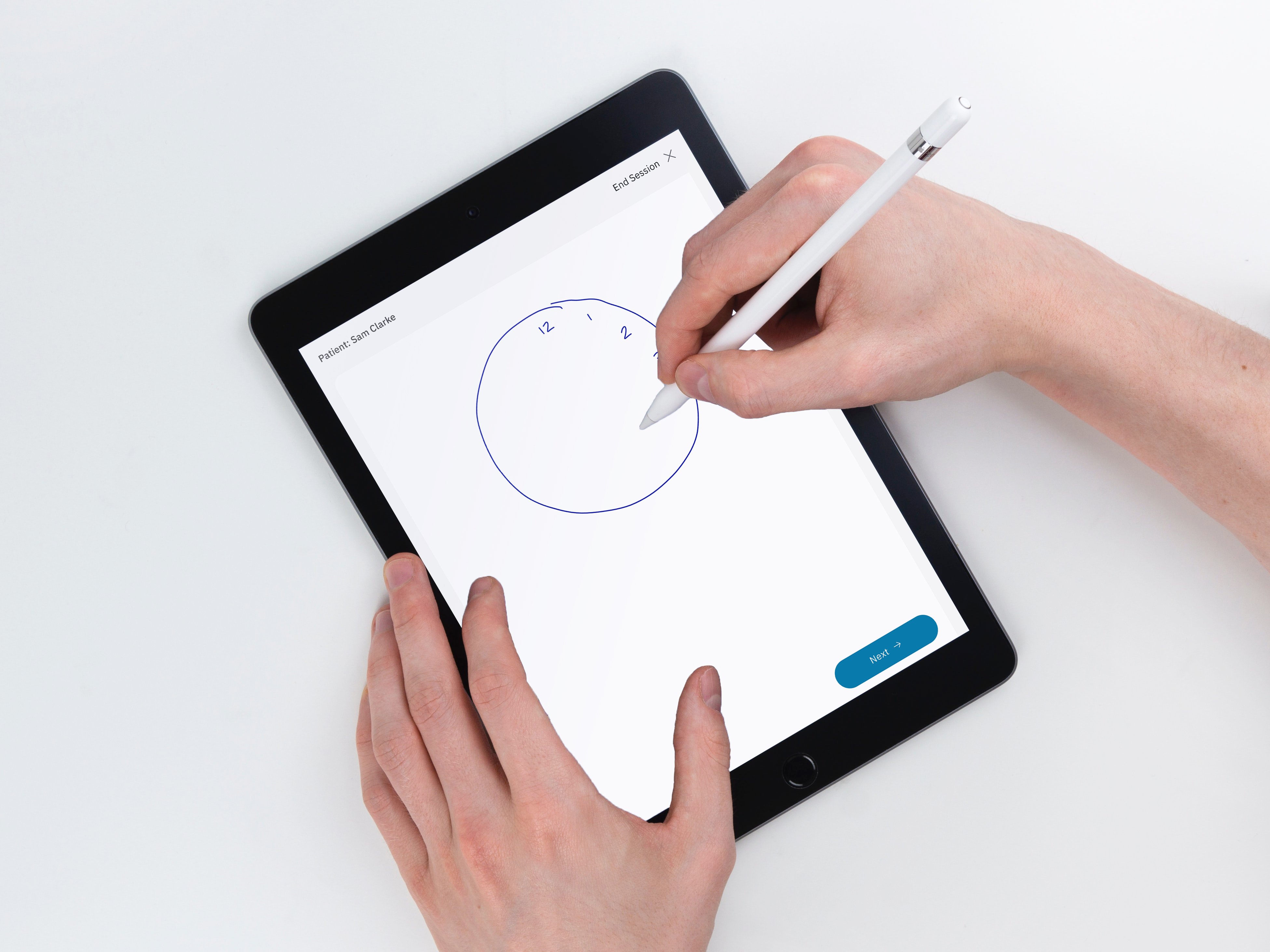
Introduced in the early 20th century, the Clock Drawing Test (CDT) is a trusted cognitive assessment tool that involves people drawing a clock from memory (command clock) and copying one displayed (copy clock). The CDT is a long-studied, proven tool for detecting impairment of cognitive function. In the late 20th century, it became a key part of two new cognitive screening tests — the Montreal Cognitive Assessment (MoCA) and the Mini-Cog – now among the most commonly-used cognitive assessments.
Digital versions of the CDT have expanded its utility and practicality, particularly for primary care settings. For example, Linus Health's DCTclock™ is an iPad-based, AI-enhanced version that uniquely incorporates the patented Boston Process Approach (BPA). The BPA evaluates how a patient performs a cognitive task, instead of simply the end result, with a focus on errors made along the way. The advent of digital technology, AI, and machine learning made it possible to incorporate the BPA into cognitive assessments and enrich the insights available to providers about their patients' cognitive function.
Read below to see the evolution of DCTclock and how it ultimately became a cornerstone of Linus Health's digital cognitive assessment platform.
Evolution of the Alzheimer's Clock Drawing Test and Linus Health's Digital Cognitive Assessment Platform
Neuropsychological researchers develop the clock drawing test (CDT)
Developed in the early 1900s, the CDT was originally developed to evaluate soldiers afflicted with apraxia resulting from head wounds. This condition caused soldiers difficulty in correctly composing images with the appropriate number of parts and of the correct size and orientation. Researchers chose the image of a clock due to its complexity; in order to depict a clock accurately, an individual must be able to follow directions, comprehend language, visualize the proper orientation of an object, and execute normal movements. Throughout the early 20th century, the CDT was increasingly used in clinical practice to evaluate cognitive function.
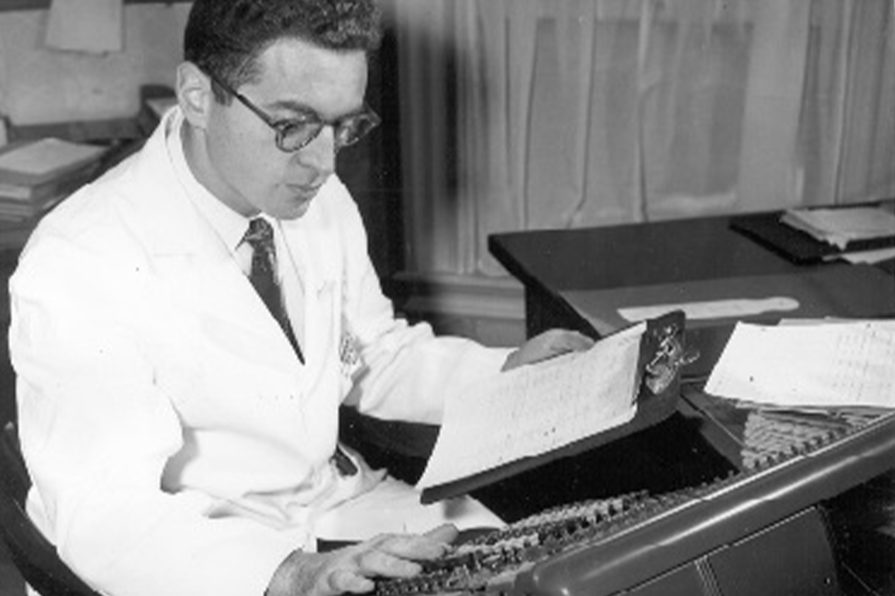
Dr. Harold Goodglass and Dr. Edith Kaplan conduct groundbreaking neurocognitive research at Boston VA Medical Center
As a Ph.D. student, Edith Kaplan, who would later go on to develop the Boston Process Approach, joined the Boston VA Medical Center (BVAMC), studying aphasia with Dr. Harold Goodglass. She remained at the BVAMC in the renowned Aphasia Unit and later became a professor at Boston University. As Director of Clinical Neuropsychology Services at the BVAMC, Dr. Kaplan’s keen clinical observations led to groundbreaking work identifying diagnostically significant components of behavior related to cognitive function, including the first published report (with Norman Geschwind in 1962) of a human cerebral disconnection syndrome.
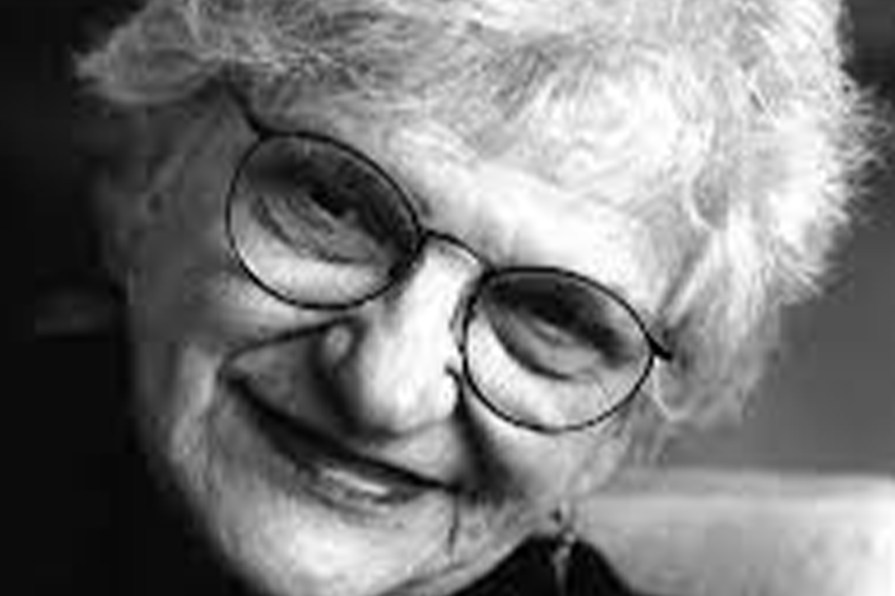
Dr. Kaplan introduces a process-based approach to neuropsychological testing — later known as the Boston Process Approach
As a clinical researcher, Dr. Kaplan identified the need to standardize the CDT protocol with a command-based clock drawing component along with a clock copying component. By carefully monitoring the process people followed and errors they made during neuropsychological tests, she discovered that information gleaned in the testing process was as important as the final summary score. This patented approach would later be called the Boston Process Approach (BPA). Since this discovery, researchers employing the BPA have been able to use it to dissociate between different types of cognitive impairment and dementia.
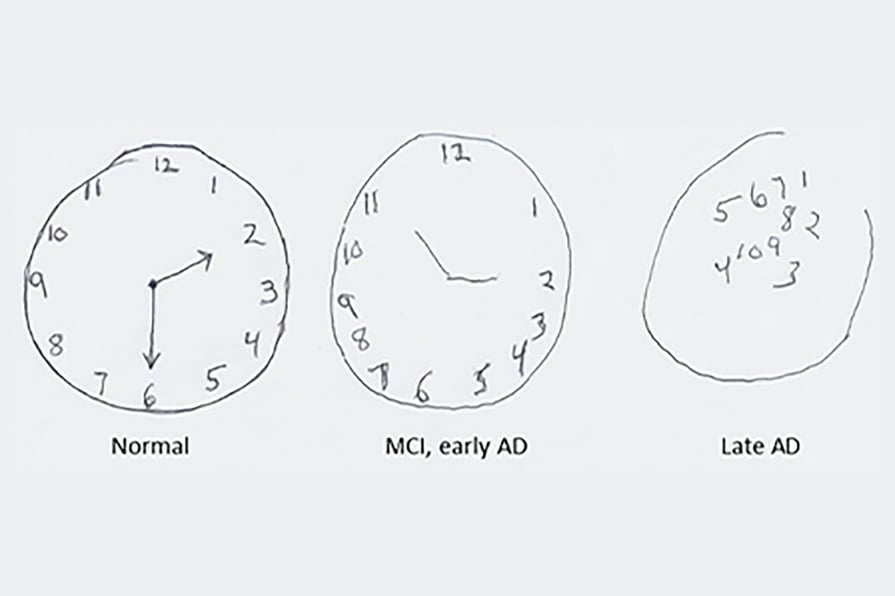
Dr. Edith Kaplan introduces another innovation to paper-based Clock Drawing Tests
In "A process approach to neuropsychological assessment," from the publication Clinical neuropsychology and brain function: Research, measurement, and practice, Dr. Kaplan introduced the concept of clock drawing tests with the hands set to “ten after eleven o’clock.” This concept revolutionized the process-driven scoring of the test by introducing additional long-term attention, memory, auditory processing, and motor programming elements to the cognitive assessment.

Newly established cognitive tests incorporate the clock drawing test
In the late 20th century, two prominent new paper-based cognitive tests were introduced: the Montreal Cognitive Assessment (MoCA), developed in 1995 by Dr. Ziad Nasreddine, and the Mini-Cog, developed in 2000 by Dr. Soo Borson. While these tests incorporated the CDT, they did not include the Boston Process Approach for analysis and scoring. It would take digital, AI-powered innovation to offer a clock drawing test that incorporated the BPA. For more information about these cognitive testing tools, visit our Advancing Cognitive Testing page.
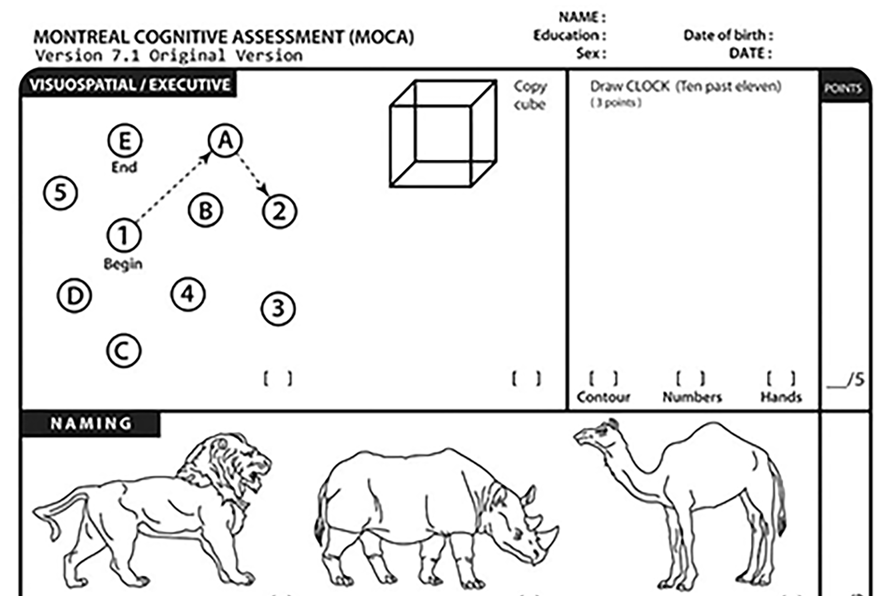
The Digital Clock Drawing Test, later branded DCTclock, is created
Dr. Dana Penney of Lahey Health and Dr. Randall Davis of the Massachusetts Institute of Technology developed the digital clock drawing test in 2005. This initial digitized version of the test utilized specialized paper with a unique digital ballpoint pen. Using a specially-adapted camera able to take 100+ photos per second, the pen recorded its position, speed, activity, and time elapsed while people completed the test. The encrypted raw data was then sent to a remote server for analysis. Providers had access to a portal to view data and results.
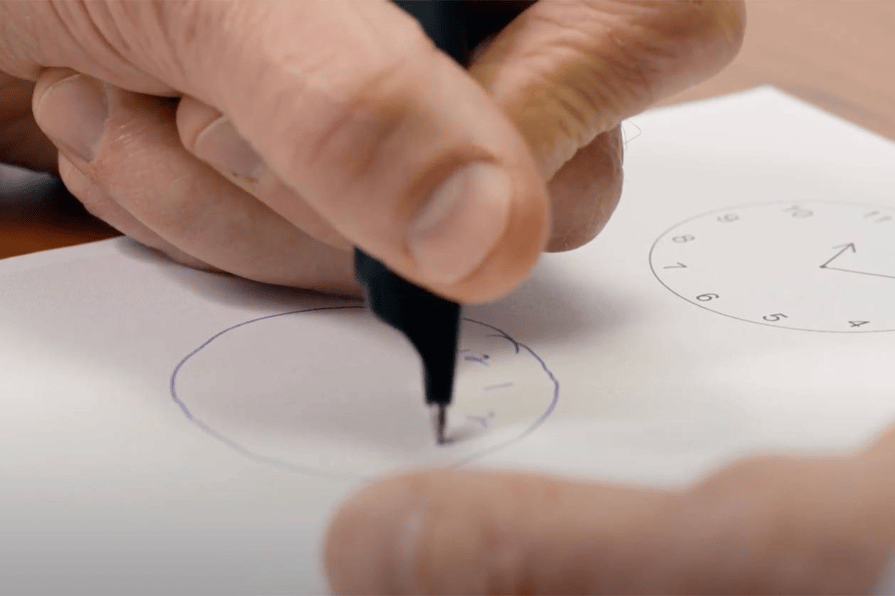
Extensive evaluation of DCTclock as a cognitive assessment tool begins
Between 2005 and 2014, neuropsychology experts and collaborators of Dr. Kaplan, Dr. David Libon, currently a professor at Rowan University, and Dr. Rod Swenson, currently a Clinical Professor at the University of North Dakota School of Medicine and Health Sciences, conducted several research studies testing the DCTclock as a cognitive assessment. The studies repeatedly concluded that the DCTclock was an effective tool for providers to use to evaluate cognitive function based on a computerized algorithmic analysis of the entire drawing process and output of a well-established cognitive assessment, the CDT. For more on research focused on the DCTclock, see our Scientific Publications page.
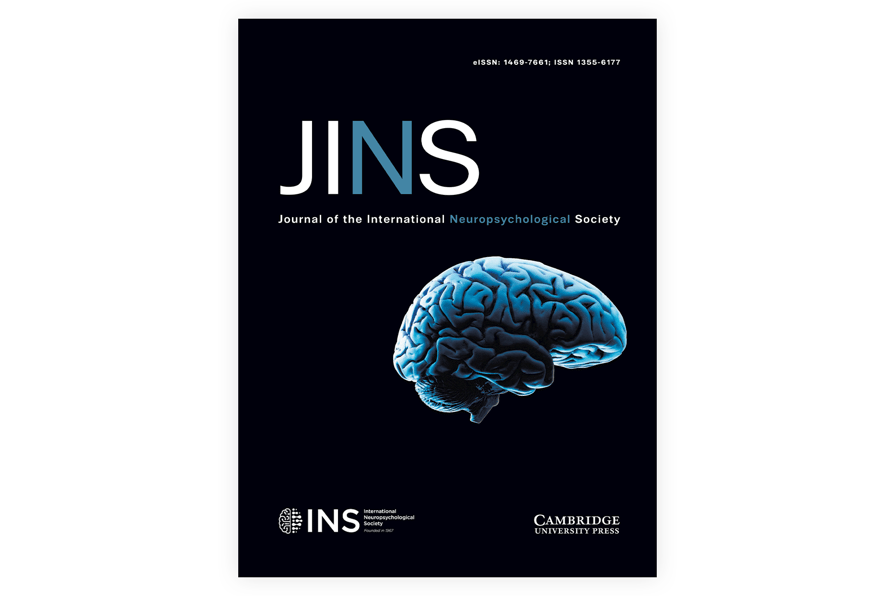
The Framingham Heart Study protocol incorporates DCTclock
In 2009, Dr. Kaplan collaborated with Dr. Rhoda Au, professor of Anatomy & Neurobiology at Boston University, to incorporate the DCTclock into the testing protocols at the Framingham Heart Study (FHS). FHS was established in 1948 to identify the common factors or characteristics that contribute to cardiovascular disease. This study, now in its 75th year, features a demographically diverse group of pre-symptomatic participants who actively engage in a battery of tests. In 2017, the first publication featuring findings of the DCTclock from FHS was released. To read more about the findings, see our scientific publications page.
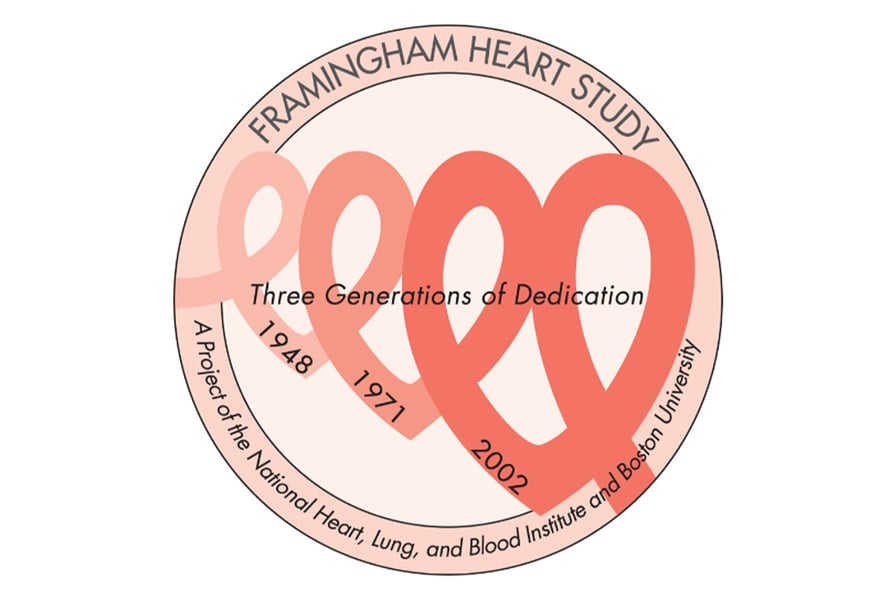
The company Digital Cognition Technologies is founded
Digital Cognition Technologies, was founded with the goal of bringing objective, easy to administer, and non-invasive cognitive function tests to market. The company’s patented DCTclock was based on 10 years of clinical research and development at MIT and Lahey Hospital & Medical Center and was scientifically validated to accurately measure overall cognitive function and detect presymptomatic cognitive impairment.
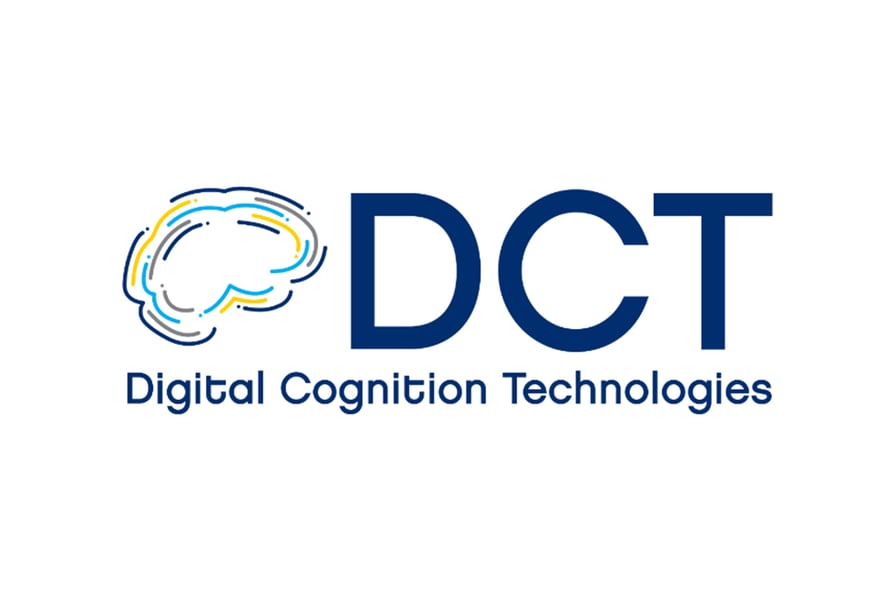
Linus Health acquires Digital Cognition Technologies and its DCTclock™
Shortly after its founding in 2019, Linus Health acquired Digital Cognition Technologies with the goal of expanding on the DCTclock to build a brain health platform sophisticated enough for use in cognitive research, while practical enough for use in clinical practice. Since then, Linus Health has secured over $55 million in Series B funding and worked to expand DCT’s reach and impact, grounded in a mission to improve brain health for people across the globe.

Linus Health enhances DCTclock with a more robust scoring algorithm and the shift to an iPad-based platform
Linus Health’s medical team, led by co-founder and Chief Medical Officer, Dr. Alvaro Pascual-Leone, and product team — with Drs. Libon and Swenson serving as scientific advisors — advanced the assessment’s scoring further and optimized the technology for use in clinical practice settings. Additional studies and real-world feedback spurred enhancements to the assessment’s workflow and the transition to more accessible technology, the Apple iPad with pencil, among other updates.
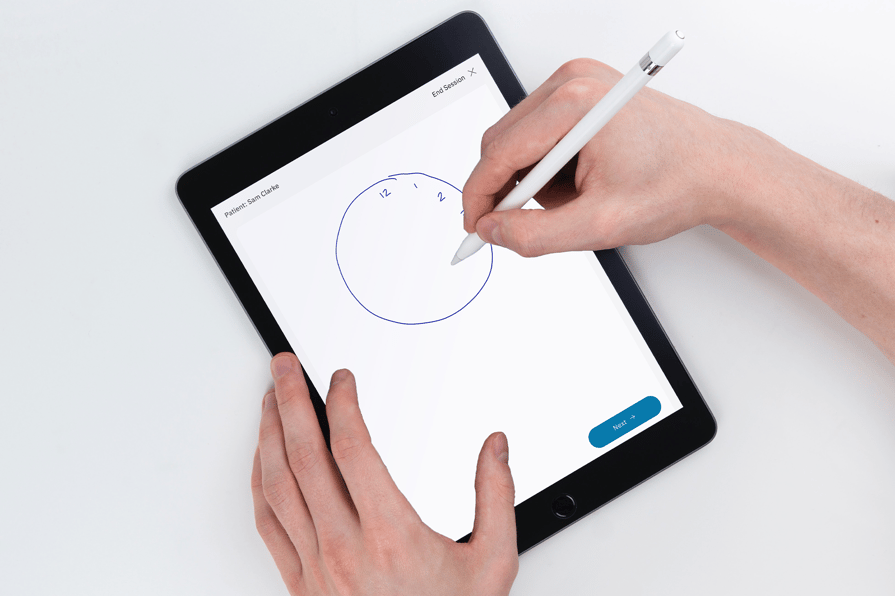
Additional studies demonstrate DCTclock's ability to detect early signs of Alzheimer’s disease
Several major new studies highlighted the effectiveness of the DCTclock technology to detect early signs of Alzheimer’s in pre-symptomatic individuals. Among other key findings, this included a 2021 Neurology study showing DCTclock's association with amyloid. Key studies included: "Dissociating Statistically Determined Normal Cognitive Abilities and Mild Cognitive Impairment Subtypes with DCTclock"; "DCTclock: Clinically-Interpretable and Automated Artificial Intelligence Analysis of Drawing Behavior for Capturing Cognition"; and "Association of Digital Clock Drawing With PET Amyloid and Tau Pathology in Normal Older Adults." Visit our scientific publications page for more.
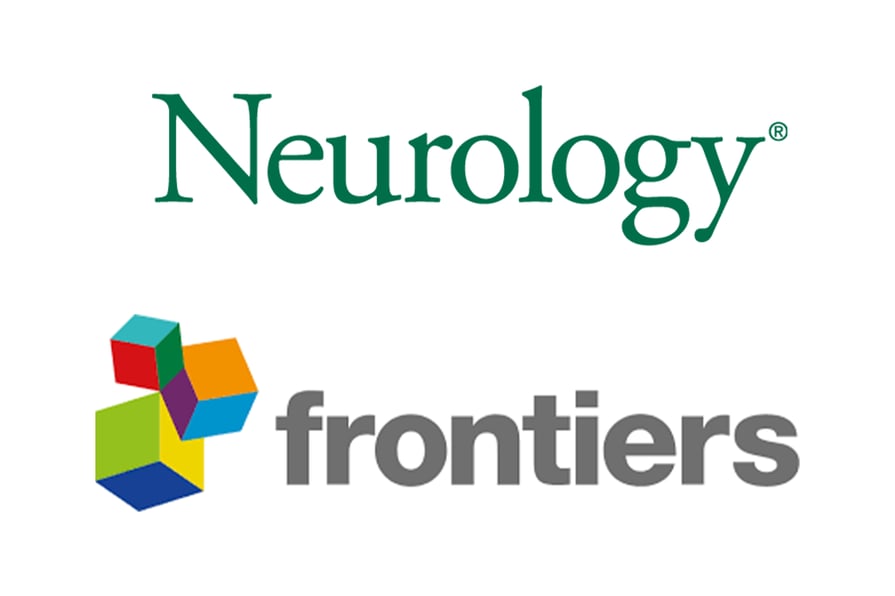
TIME names DCTclock to its 100 Best Inventions of 2021 list
Each year, TIME reveals its prestigious annual list of inventions that are "making the world better, smarter, and even a bit more fun" across a range of categories. TIME awarded DCTclock a place on its Best Inventions of 2021 list, recognizing it in the medical care category for its ability to capture subtle details about a person's cognitive functioning that might otherwise be invisible to clinicians.
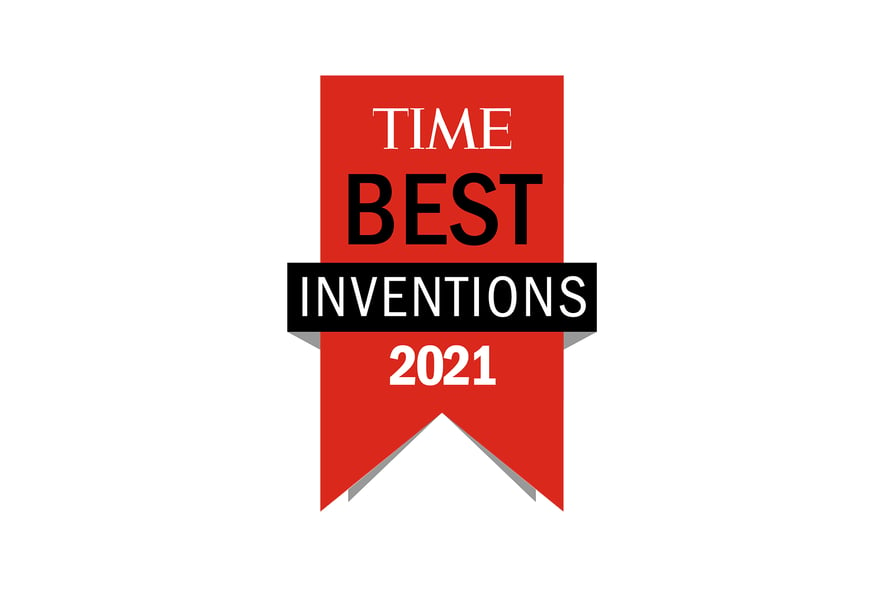
Linus Health creates its next-generation cognitive assessment, the Digital Clock and Recall (DCR™)
Building on DCTclock, Linus Health developed its Digital Clock and Recall (DCR™) solution. This digital cognitive assessment includes and expands on DCTclock™ by incorporating immediate and delayed word recall tasks to assess verbal memory. Assessing verbal memory helps providers determine the subtype of cognitive impairment (e.g., amnestic vs. non-amnestic), which is important for forecasting the long-term trajectory of a person's cognitive status and assessing their dementia risk.
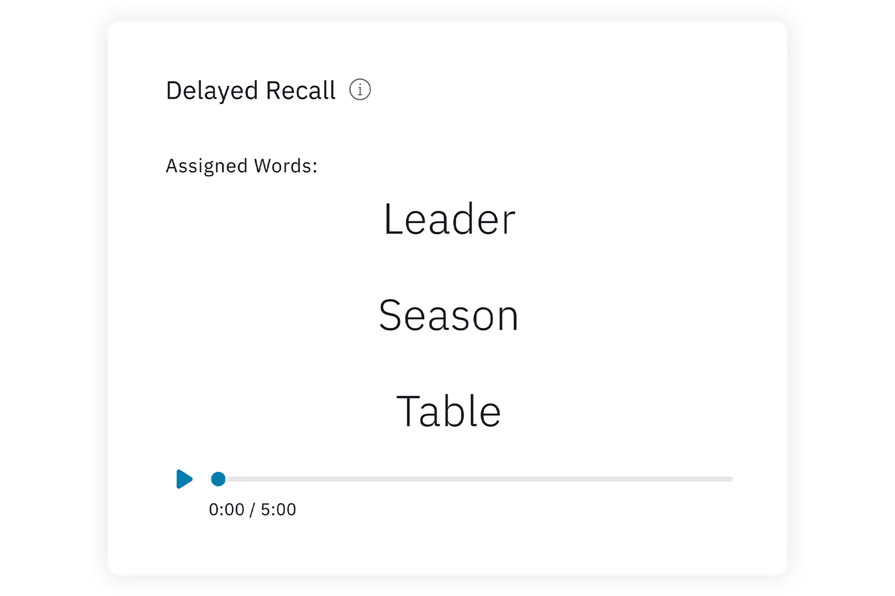
Linus Health releases its Core Cognitive Evaluation™
In early 2022, Linus released its Core Cognitive Evaluation (CCE), a digital cognitive assessment solution that combines objective insights on cognitive performance — through the Digital Clock and Recall test — with qualitative patient-reported insights — through the Life and Health Questionnaire — to detect early signs of cognitive impairment and reveal patients' modifiable risk factors for dementia.
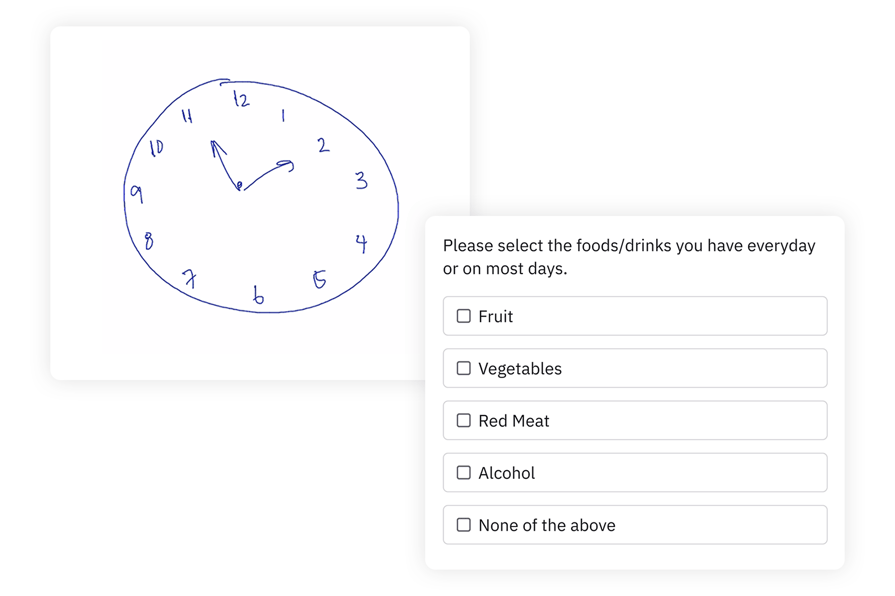
Majority of flagship sites in innovative Davos Alzheimer’s Collaborative initiative choose the CCE
In May 2022, the Davos Alzheimer’s Collaborative launched a global initiative with seven flagship pilot sites. The Davos Alzheimer’s Collaborative, formed at the World Economic Forum’s 2021 meeting on The Davos Agenda, is a multi-stakeholder partnership committed to aligning stakeholders with a new vision for a collective global response against Alzheimer’s. Its Healthcare System Preparedness Project funds innovative approaches to boost rates of cognitive screening, early detection, and accurate diagnosis of Alzheimer’s disease. Four of the first seven pilot sites chose Linus as their digital cognitive assessment partner.
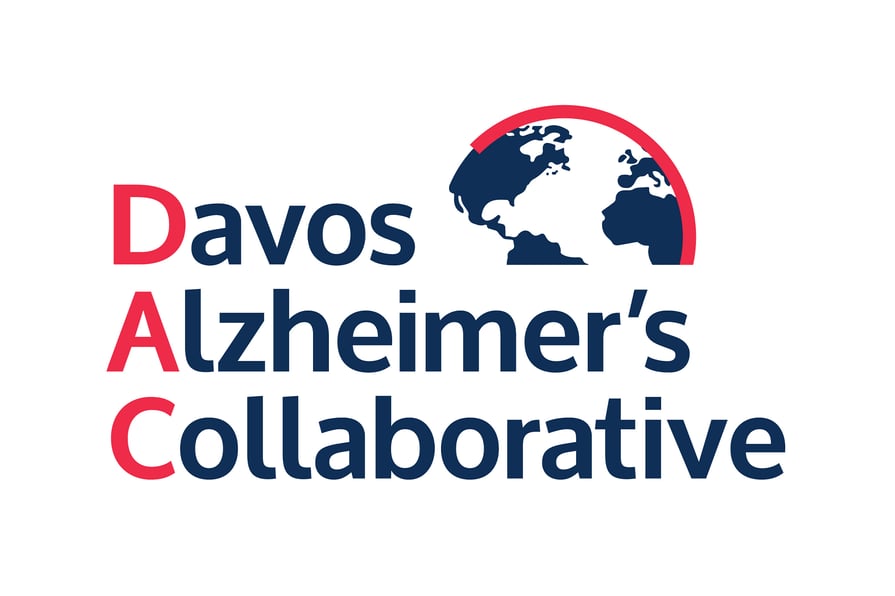
Linus Health Launches Full Platform for Healthcare Delivery
In July 2022, Linus Health announced the general availability of its digital cognitive assessment platform for healthcare delivery organizations. Purpose-built for primary care, the SaaS-based platform offers much more than scores – empowering providers with both insightful reports and actionable clinical guidance, and patients with personalized brain health action plans. To see highlighted organizations using the platform, visit our customers page.
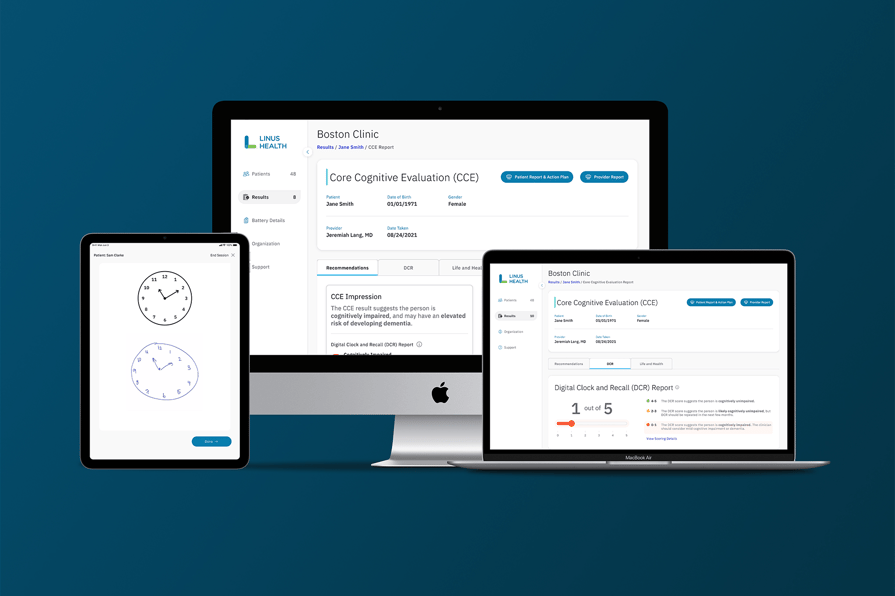
Is your practice prepared for the shifting dynamics in cognitive care?
Download the guide below for insights on preparing for your older adult patients' evolving cognitive care needs and adding digital cognitive assessments.
